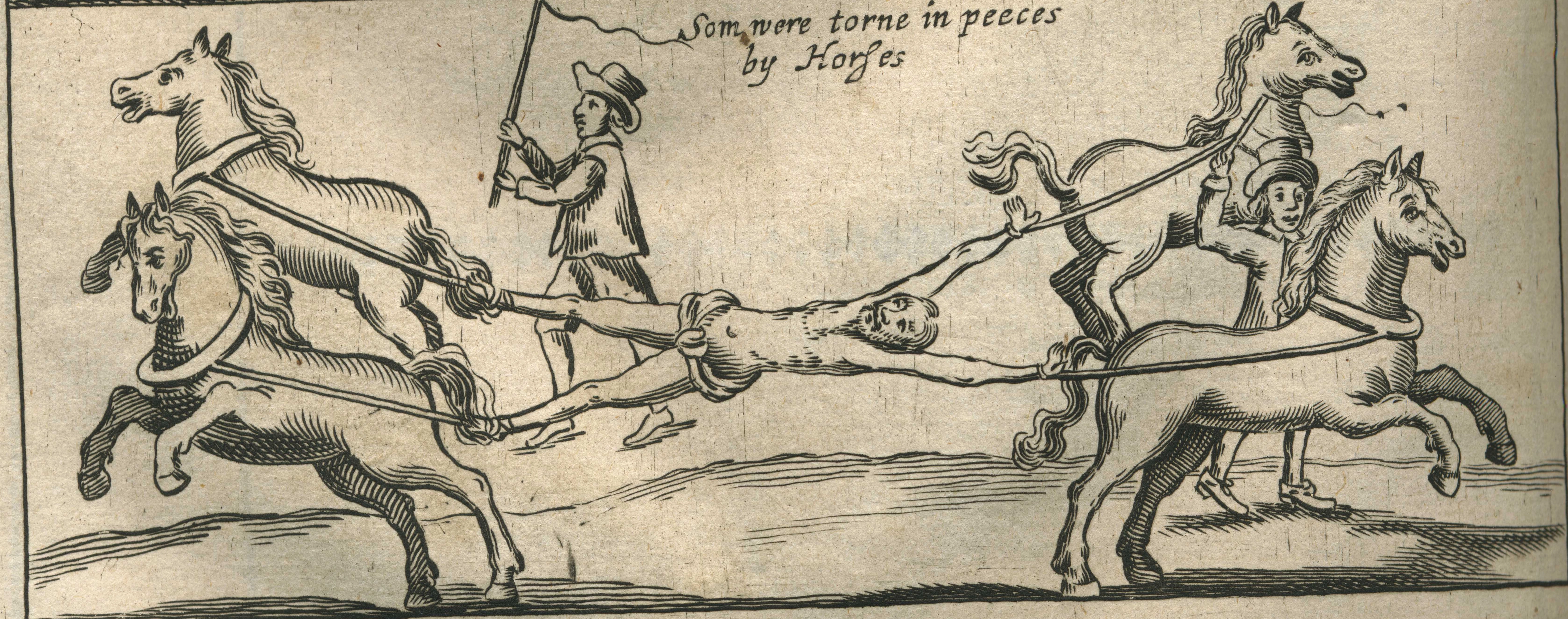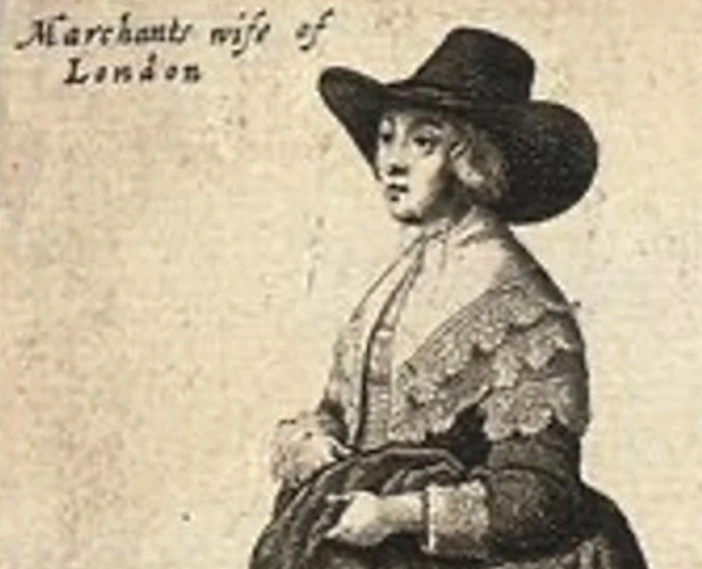The following tweet has a special resonance for me, since Magdalene is my old college, and I spent many hours in that little library over half a century ago.
If anyone’s interested Catherine Sutherland’s brilliant #HerBook article on “Books Owned by Mary Astell in the Old Library of Magdalene College” in The Library (2023) is currently editor’s choice and #OpenAccess: visit https://t.co/Q2dUfHnWqE
— Mark Empey (@memps2) June 26, 2024
But it also served as a reminder of the almost complete lack of women on the early modern scene as it was introduced to me all those years ago. There are so many whose names and works are familiar to me now - Mary Cavendish, Katherine Philips, Anne Bradstreet, Elizabeth Cary, Aemelia Lanyer, Mary Wroth, Mary Barker, Rachel Speght, and the extraordinary Aphra Behn are just some of the names that come to mind as I type - that it is a sobering thought that, to the best of my recollection, not a single one of those names was mentioned during the first part of my Cambridge Tripos in the early 1970s. I never even knew who Mary Astell was, much less that her library was housed somewhere on the shelves of the very place where I was writing my weekly essay.
Cambridge then was still very much a male-dominated domain. Despite the pioneering work of Emily Davies and Barbara Boddichon in the 1860s, and their founding of Girton College (1869), Cambridge got left behind in the march towards educational equality for women. The University of London first admitted women in 1878 and, crucially, allowed them to graduate on the same terms as men. The following year, 1879, women were admitted to the University of Oxford, but were not allowed to graduate until 1920. Shockingly, Cambridge did not allow women to graduate until 1948, and Magdalene, the last of the traditionally male colleges, did not accept women until 1988.
Thankfully, things have changed, and these days women figure plentifully, not only in our understanding of the early modern period, but as researchers in the field. Names like Lorna Hutson, Katharine Eisaman Maus, Catharine Belsey, Jean E. Howard, Dympna Callaghan and Phyllis Rackin - to name but a few - take their place alongside Stephen Greenblatt, Peter Burke, Quentin Skinner, Jonathan Goldberg, David Norbrook and Andrew Hadfield (again, to name just a few) as surely as the early modern women I mentioned above now take their place alongside the male canon of the period.
There’s still some way to go, of course. William Shakespeare, Christopher Marlowe, Edmund Spenser, John Donne, Francis Bacon, Ben Jonson and John Milton still have much better name recognition than the women writers of the period, and - with a lesser, but still appreciable gap - there is still a certain amount of male privilege in the groves of academe today.
Rather than dwelling on the issue of lingering inequality, though, I’d like - without belittling the significance of that inequality - to move on to some of the resources available to researchers into early modern women.
The Routledge series on Women and Gender in the Early Modern World is an obvious starting point. With over ninety titles, it shines a lot of light on the subject.
If that’s rather too much to chew on, A History of Early Modern Women’s Writing, edited by Patricia Phillippy, is a pretty good guide to the field.
For a list of early modern women, Mary Mark Ockerbloom curates A Celebration of Women Writers on the University of Pennyslvania website. Click here for the 16th-century and 17th-century lists, or just go to the home page and select your century!
For secondary sources, the Women in Book History Bibliography, edited by Cait Coker and Kate Ozment is a good place to start.
And, inspired by my own encounters with early modern women, I have started a series of videos on the subject. There are only two or three right now, but I’ve got plans for several more in the pipeline:
UPDATE:
And, just in case there was any doubt about the explosion of interest in early modern women, no sooner had I published this than another tweet popped up on my radar:
Very exciting exhibition news 👇#HerBook@memps2 @WhiteMicheline @martinevanelk @rhetoric https://t.co/C5eEOnfV47
— EM Women's Writing (@RECIRC_) July 1, 2024
Perhaps the day is not so far off when the names of Mary Cavendish, Mary Wroth, Aemilia Lanyer, Aphra Behn and others will be as familiar as those of Edmund Spenser, John Donne, Francis Bacon or Ben Jonson. Perhaps, for some, that day has already arrived!



Comments